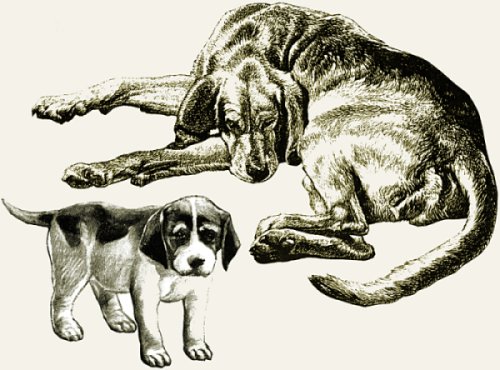Happy Young or Happy Old?
Today, it's time to grow old together. The University of Houston's College of Engineering presents this series about the machines that make our civilization run, and the people whose ingenuity created them.
Two oddly-connected articles are adjacent in today's New York Times Science pages. One is about smokers' wrinkles. We're all aware that smoking often causes faces to wrinkle prematurely. Now researchers find that 80 percent of smokers with early wrinkling suffer from symptoms of chronic obstructive pulmonary disease.
The other article is about measuring happiness in young and old people. It's an all-too-common belief that life is happier for the young. Now, in a paper titled Hope I Die Before I Get Old, Dr. Heather Lacey and her coauthors study happiness in people between 21 and 40, and in people over sixty. They asked people in each group about happiness at their age, and at the younger or older age.
The title of the paper, taken from Pete Townshend song, reflects the result. Both groups regarded older people as less happy. The young expected to be less happy when they were old. The old remembered being happier when they were young. Both groups expected the average young person to grow less happy with time.
How does that connect with the story about wrinkles, tobacco, and pulmonary disease? Well, Dr. Lacey talks about a dangerous side effect of their findings. Many young people really do hope to die before they grow old. They dread age. If tobacco kills them off early, life is no loss. That's one reason why so many young people keep addicting themselves. And, in a cruel revenge effect, the very instrument for evading age brings it on more quickly.
But, so far, you've heard only half of Lacey's story. She and her team took a crucial follow-up step. They contrived questions to determine which group was presently happiest, and I'll bet you see where this is going. Yes, the older group was significantly happier than the younger one. But is that a surprise -- really?
That's been observed both anecdotally and experimentally. The real surprise is that young and old alike believe happiness declines with age. How can I behappier than I was, yet think I'm not? Nostalgia can deceive, of course; but that's only part of it.
The article lists ways older people achieve happiness through adaptation. As we age, we shift our goals toward achievable ends, and we proactively alter our environments to better serve us. We learn that happiness isn't laid at our feet by fate; rather, we construct it within the matrix of our circumstances.
Yet we old people do all this subconsciously. And, all the while, we sing our sad songs of lost youth. That has a bad effect: The young hear us lamenting a past that never was, and they think all roads must lead downhill. We give them reason enough to sing, Hope I die before I get old -- and to reject long-term goals.
So maybe it's time for me to tell you that being old feels a whole lot better than being thirty did. I need bear in mind a great remark by John Szarkowsi. He said, "Things aren't what they used to be, and what's worse, they never were."
I'm John Lienhard, at the University of Houston, where we're interested in the way inventive minds work.
H. P. Lacey, D. M. Smith, and P. A. Ubel, Hope I Die Before I Get Old: Mispredicting Happiness Across the Adult Lifespan. Journal of Happiness Studies, Vol. 7, No. 2, June, 2006. (My thanks to Dr. Heather Pond Lacey for additional counsel.)
E. Nagourney, "Smoker's Wrinkles May Be a Sign of Disease Risk" and "Getting Older Along With the Bluebird of Happiness." New York Times Science Times, Tuesday, June 20, 2007.
(This episode was written on the occasion of my 47th wedding anniversary.)
The audio outro is from Pete Townshend's song, performed by The Who. See: My Generation [deluxe ed.] Universal Music Group; ASIN: B00006GF6Y, 2002.
